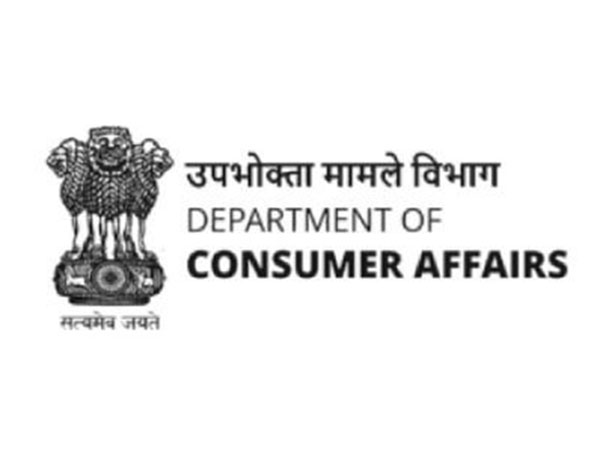Structured Labelling Amendments: A Boost for Transparency and Consumer Protection
The Centre introduces a structured timeline for labelling amendments under Legal Metrology Rules, aiming to enhance transparency and consumer protection. Effective from January 1st or July 1st, with a 180-day notice period, this move ensures clarity for businesses and empowers consumers with vital product information.

- Country:
- India
In a decisive step toward bolstering transparency and protecting consumer interests, the Centre has established a structured timeline for amendments under the Legal Metrology (Packaged Commodities) Rules, 2011. The Ministry of Consumer Affairs, Food & Public Distribution underscores that this initiative provides businesses with adequate time to adhere to labelling changes.
Effective from either January 1st or July 1st of any given year, amendments will come with a minimum notice period of 180 days from the date of notification. This framework seeks to balance business clarity and consumer safeguarding, stipulating that labelling amendments must comply within this set timeframe.
The amendments aim to boost transparency by ensuring accurate product information, thereby empowering consumers in their purchasing choices. Special circumstances might allow for flexibility, but the primary focus remains on fairness and transparency in commerce. By upholding reliable and clear labelling standards, the government aims to minimize consumer disputes and legal uncertainties in business practices.
These standards mandate that packaged goods feature standardized, legible labels with critical consumer information—such as net quantity, Maximum Retail Price (MRP), manufacturing date, origin, and manufacturer details. This decision not only reinforces consumer trust but also aligns with the government's effort to promote ethical trade and ensure competitive equity across market players.
Overall, the structured implementation reduces compliance burdens for businesses by providing clear regulatory expectations, supporting the government's overarching goals of fostering ethical trade practices and maintaining a fair market environment. (ANI)
(With inputs from agencies.)










